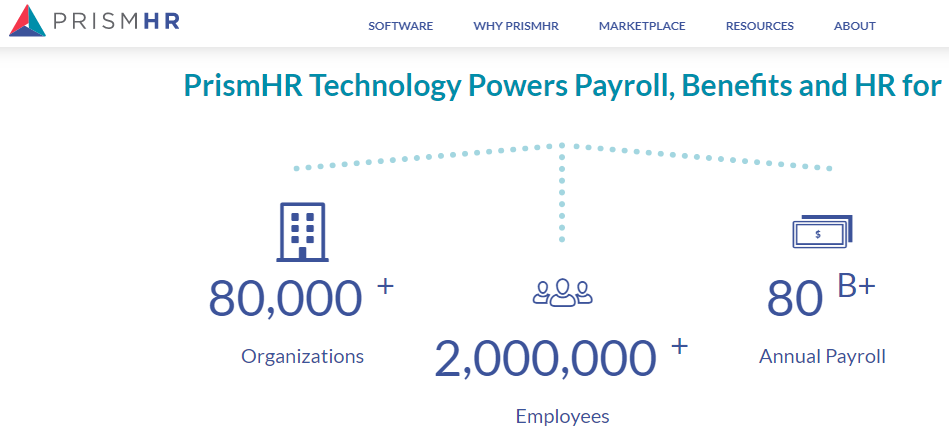Author Archives: BrianKrebs
Is Your Browser Extension a Botnet Backdoor?
A company that rents out access to more than 10 million Web browsers so that clients can hide their true Internet addresses has built its network by paying browser extension makers to quietly include its code in their creations. This story examines the lopsided economics of extension development, and why installing an extension can be such a risky proposition.
How $100M in Jobless Claims Went to Inmates
The U.S. Labor Department’s inspector general said this week that roughly $100 million in fraudulent unemployment insurance claims were paid in 2020 to criminals who are already in jail. That’s a tiny share of the estimated tens of billions of dollars in jobless benefits states have given to identity thieves in the past year. To help reverse that trend, many states are now turning to a little-known private company called ID.me. This post examines some of what that company is seeing in its efforts to stymie unemployment fraud.
Checkout Skimmers Powered by Chip Cards
Easily the most sophisticated skimming devices made for hacking terminals at retail self-checkout lanes are a new breed of PIN pad overlay combined with a flexible, paper-thin device that fits inside the terminal’s chip reader slot. What enables these skimmers to be so slim? They draw their power from the low-voltage current that gets triggered when a chip-based card is inserted. As a result, they do not require external batteries, and can remain in operation indefinitely.
Mexican Politician Removed Over Alleged Ties to Romanian ATM Skimmer Gang
The leader of Mexico’s Green Party has been removed from office following allegations that he received money from a Romanian ATM skimmer gang that stole hundreds of millions of dollars from tourists visiting Mexico’s top tourist destinations over the past five years. The scandal is the latest fallout stemming from a three-part investigation into the organized crime group by KrebsOnSecurity in 2015.
U.S. Indicts North Korean Hackers in Theft of $200 Million
The U.S. Justice Department today unsealed indictments against three men accused of working with the North Korean regime to carry out some of the most damaging cybercrime attacks over the past decade, including the 2014 hack of Sony Pictures, the global WannaCry ransomware contagion of 2017, and the theft of roughly $200 million and attempted theft of more than $1.2 billion from banks and other victims worldwide.
Bluetooth Overlay Skimmer That Blocks Chip
As a total sucker for anything skimming-related, I was interested to hear from a reader working security for a retail chain in the United States that recently found bluetooth-enabled skimming devices placed over top of payment card terminals at several stores. Interestingly, these skimmers interfered with the terminal’s ability to read chip-based cards, forcing customers to swipe the stripe instead.
What’s most interesting about the Florida water system hack? That we heard about it at all.
Stories about computer security tend to go viral when they bridge the vast divide between geeks and luddites, and this week’s news about a hacker who tried to poison a Florida town’s water supply was understandably front-page material. But for security nerds who’ve been warning about this sort of thing for ages, the most surprising aspect of the incident seems to be that we learned about it at all.
Microsoft Patch Tuesday, February 2021 Edition
Microsoft today rolled out updates to plug at least 56 security holes in its Windows operating systems and other software. One of the bugs is already being actively exploited, and six of them were publicized prior to today, potentially giving attackers a head start in figuring out how to exploit the flaws.
Arrest, Raids Tied to ‘U-Admin’ Phishing Kit
Cyber cops in Ukraine carried out an arrest and several raids last week in connection with the author of a U-Admin, a software package used to administer what’s being called “one of the world’s largest phishing services.” The operation was carried out in coordination with the FBI and authorities in Australia, which was particularly hard hit by phishing scams perpetrated by U-Admin customers.












